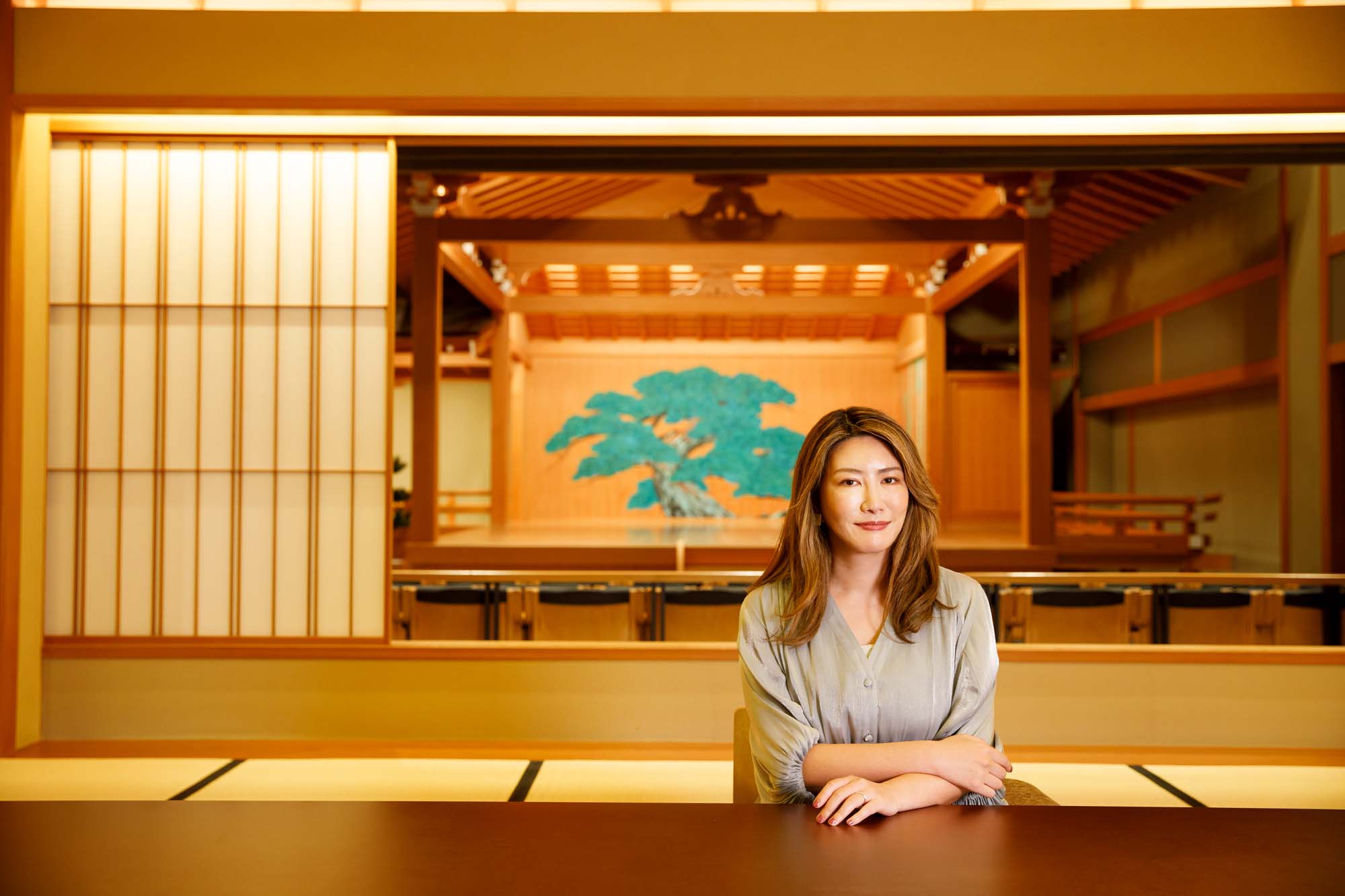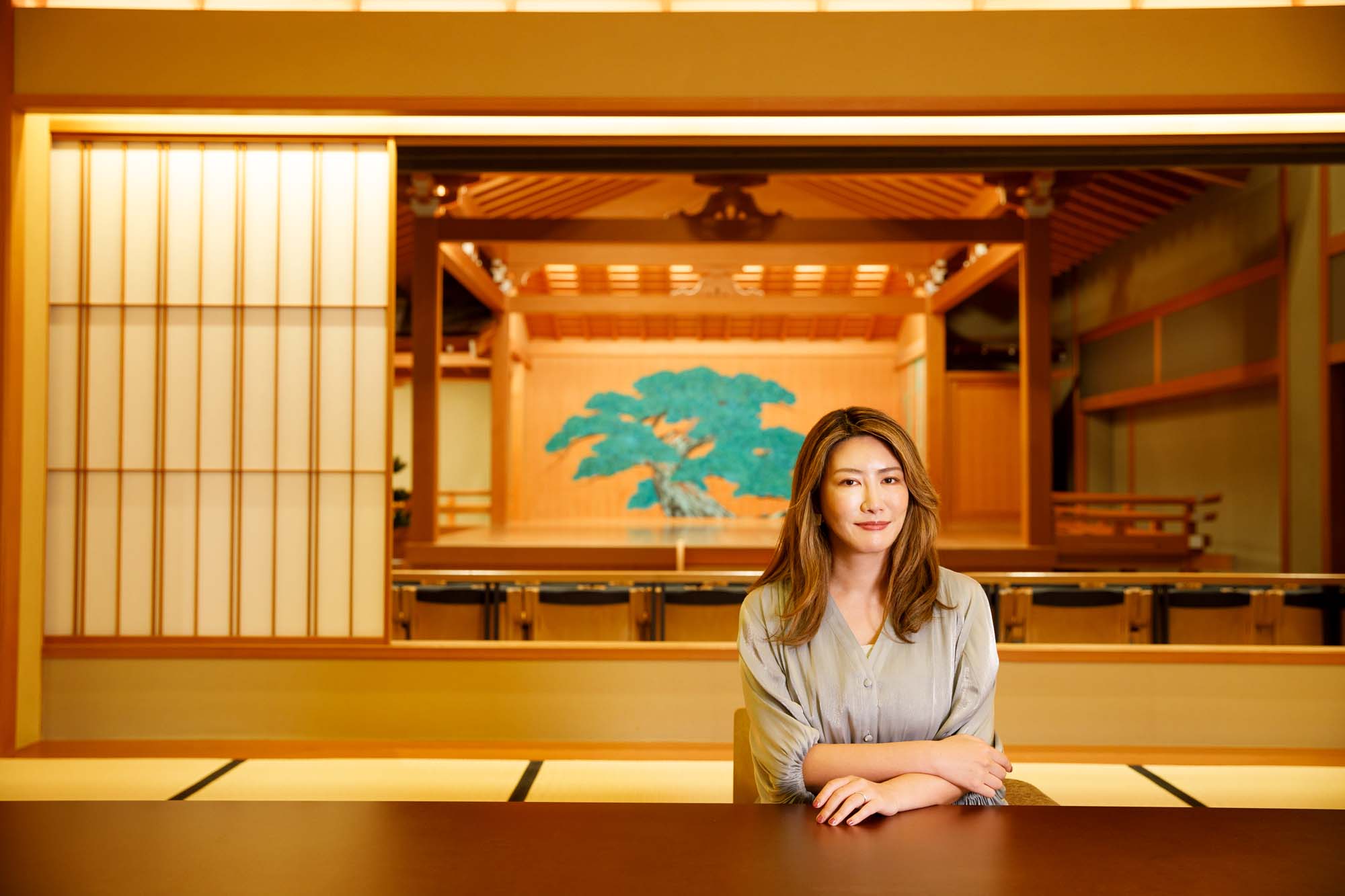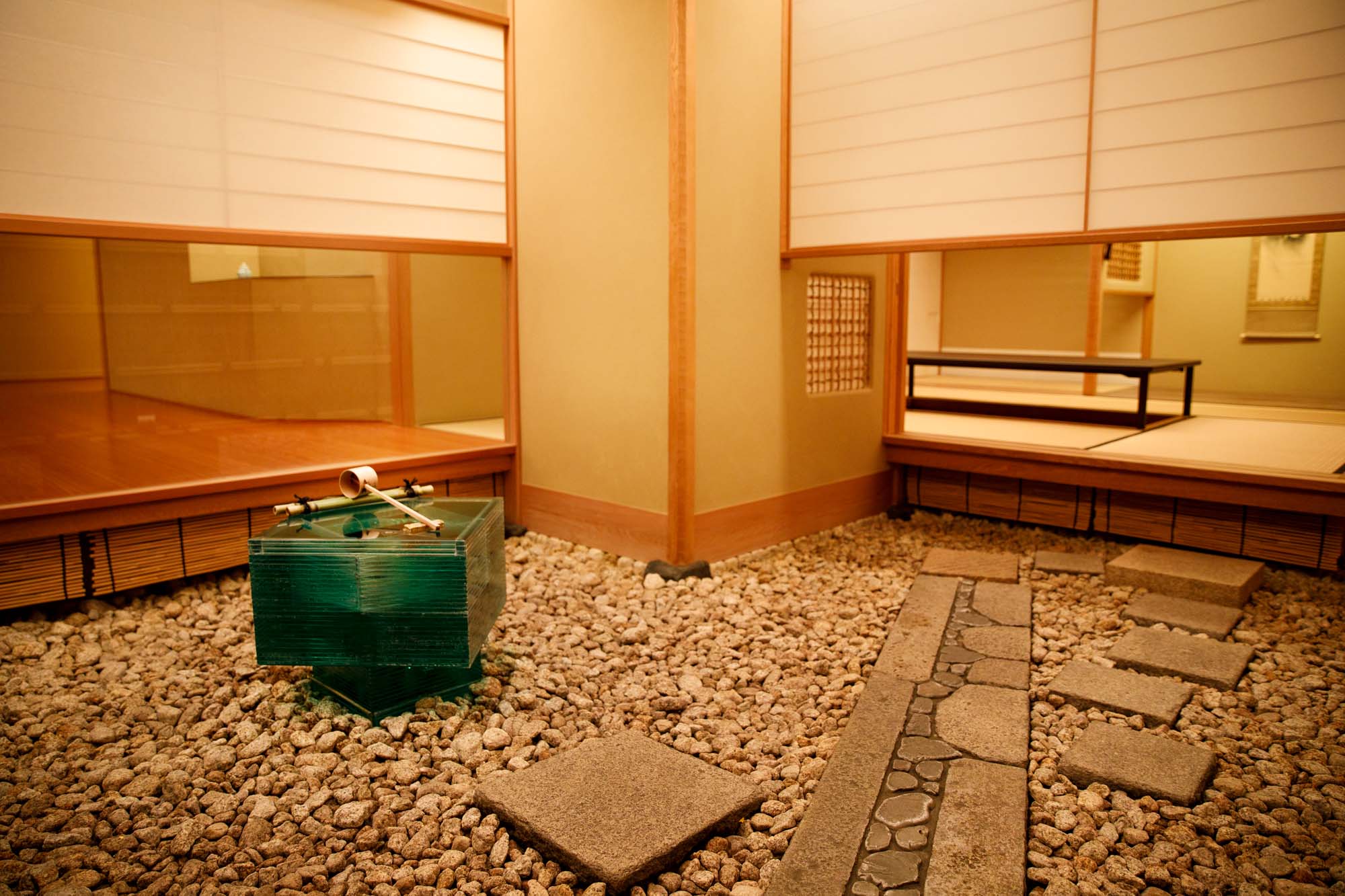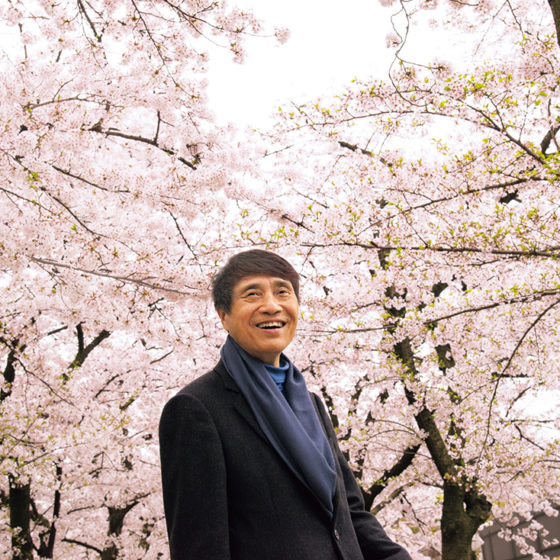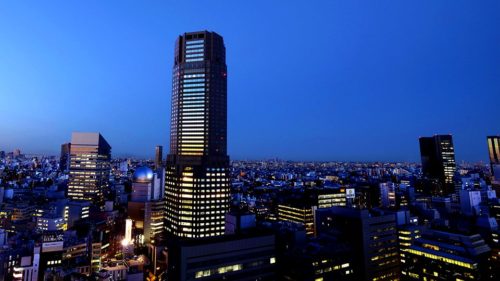- Travel is not something that is absolutely necessary in order to live. Using recent terminology, travel could be called nonessential. Many people have not traveled anywhere during the past year and a half.
- Thus, some people might feel travel is unnecessary for mankind, but this is not always true. Looking back on the history of mankind, travel was essential. Humans would never have been able to prosper without the behavior called travel.
- It is believed that the direct ancestors of mankind who originated in Africa spread out around the world during the period from about 70,000 to 50,000 years ago. Africa remains a good living environment for simians today, so why did humans choose to leave this familiar environment, cross deserts and oceans and ultimately populate every continent other than Antarctica, as well as numerous islands?

Relationship between the neurotransmitter
dopamine and the “desire to travel”
- In terms of brain science, there is a theory that the desire to travel is caused by the action of dopamine. Dopamine is a neurotransmitter closely linked with positive feelings such as joy, comfort and desire, and it is secreted upon obtaining something that is greatly desired. The dopamine requirement for triggering this feeling of excitement or great joy in the brain is particularly higher in humans compared to other simians.
- Simians evolved to be worriers. The evolutionary strategy is to increase the probability of survival by predicting danger and minimizing the risk. Based on this strategy, there is increased tendency to avoid the unknown. It is possible that fruit never eaten before may be poisonous. New lands may contain hidden danger. This danger can be avoided by refraining from trying anything that is new and unknown.
- The natural environment is filled with hidden danger, so this strategy was successful. Simians further evolved to be worriers and continued to live conservatively. However, at some point in the past, it is believed that an individual with the opposite nature spontaneously appeared. It is the appearance of an individual with a strong craving for dopamine stimulation. This characteristic is called novelty seeking.
- Unknown environments may contain hidden danger, but there is also the high probability of new opportunities. There may be lots of animals to hunt. It may be a better place to live. Individuals with strong novelty seeking tendencies appeared within mankind. They felt joy when taking chances rather than worrying about danger, and their numbers increased. It is very likely that those individuals prospered more than their peers. Interestingly, it has been found that novelty seeking men are more popular among women. Humans stopped worrying about danger and set off for unknown lands, leaving the other simians behind as they spread out around their new world. It may be possible to say that humans are primates that travel.
- The fact that our dopamine requirements are particularly higher than other organisms is the result of this history. The feeling of joy provided by dopamine is the source of the desire for and interest in the unknown. I believe this is why humans like to travel. We have inherited the DNA of our ancestors who have been traveling for millennia.
- The refreshing feeling when visiting someplace new in a foreign country for the first time is due to our nerves having heightened sensitivity in order to detect unknown hidden dangers. Even people who are generally unwilling to walk will take long strolls when enticed by the novelty of a foreign city. This is all due to the effect of dopamine. We are filled with a sense of joy and desire for novel experiences. In addition to broadening our knowledge, travel stimulates the brain. In terms of brain science, this is one of the main benefits of travel.
Traveling to familiar locations changes the sensitivity of people
- In terms of stimulation for the brain, the past year and a half has been negative. In addition to the lack of travel, work is being done remotely, and many people have remained cooped up at home. Remote work is certainly convenient, but this is not true for the brain. For example, with remote work, although it is possible to communicate all the information necessary for the work, the other information is excluded. Only part of the information that is usually acquired using all five senses is conveyed in online settings. With little stimulus, brain activity remains low. In addition, the release of serotonin, which stimulates brain activity, decreases. This leads to decreased motivation, robbing the energy needed to face a new day, and in some cases, depression.
- The measures taken may be unavoidable in order to prevent infections. However, traveling does not only mean going to foreign countries and unknown places.
- Sakutaro Hagiwara wrote a very short novella titled “Nekomachi”. In the story, the protagonist stumbles into a wondrously beautiful town near his home. In reality, it was actually an often used street, but because the protagonist had lost a sense of direction and entered the street from the opposite direction as usual, it appeared completely different. Although few examples are as clear as this, we also sometimes have similar illusions. Getting lost is concerning and can cause a feeling of helplessness, but the surroundings appear so vivid. This is the feeling that occurs when traveling.
- The brain has a mechanism called habituation in which the nerves become less excited upon continuing to receive the same stimulation. When traveling to see a desert in Israel, the local guide said to me, “It is so strange that people travel so far to this dry, arid land just to see sand”. The location attracts tourists from all over the world, but to the guide, it is just a mundane, boring landscape. This is one type of habituation.
- The same thing occurs to us. I have a French friend who loves Japan. He got a job and lived in Japan for a number of years. He recently returned home, and seeing his reluctance to leave made me realize that I did not see Japan the same way he did. I think he saw Tokyo in the same way as the lost protagonist who wandered into the Nekomachi. Was this all an illusion? I don’t think so. Rather, due to the mechanism of habituation, I may have lost sight of much of the beauty. Having your breath taken away by the beauty of flowers growing on the side of the road usually occurs while traveling.
- I learned for the first time today that a hotel in Tokyo has such a beautiful Noh theater. If I had spent time in Tokyo like usual, I probably never would have noticed. Changing your perspective and actions even in places you may think you know well can result in countless new discoveries. Also, the device that functions to realize these discoveries is the hotel. Simply by changing the place we wake up in the morning, everything that follows appears different. For example, it may be possible to discover many new things when staying in a hotel located in your own city and then walking around town starting from the hotel. The hotel is a switch that allows us to see with fresh eyes. It is possible to travel without going anywhere far away. In today’s world, finding new perspectives such as this will be important.
- In the past, we have probably traveled with the feeling that there is a utopia somewhere in the world. Travel in the COVID world will likely change to focus on changing our awareness. COVID-19 is present everywhere around the world, and there are no sanctuaries. Every country has people who are suffering. There are political challenges and even the seeds of war. We have learned that nowhere is perfect. The purpose of travel will likely be to acquire a new perspective of the world. This will also be an opportunity for personal discovery that will not end upon returning home.



